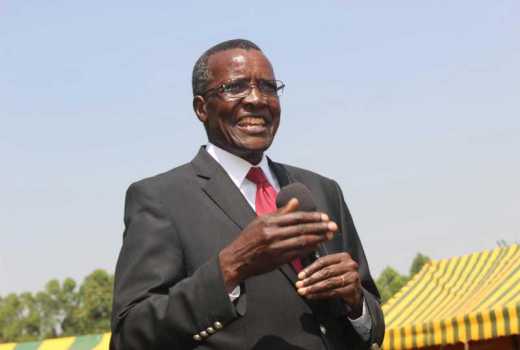×
The Standard e-Paper
Fearless, Trusted News

Two eminent judges on Monday warned Kenya of the political risks it faces for failing to cure the weaknesses in its electoral systems.
Retired South African judge Johann Kriegler who probed the flawed 2007 polls warned the nation against solving political problems in the corridors of justice.